On January 14, 1868, the South Carolina constitutional convention met in Charleston with a majority of Black delegates.
As described by the Digital South Carolina Encyclopedia,
The 1868 constitution was revolutionary because it embodied many democratic principles absent from previous constitutions.
The new document provided for population alone, rather than wealth or the combination of wealth and population, as the basis for House representation. It also continued popular election of the governor.
Additionally, the 1868 constitution abolished debtors’ prison, provided for public education, abolished property ownership as a qualification for office holding, granted some rights to women, and created counties. Provisions [in schools] for the deaf and blind were also ordered. Race was abolished as a limit on male suffrage. The Black Codes that had flourished under the constitution of 1865 were overturned. There was no provision against interracial marriage, and all the public schools were open to all races.
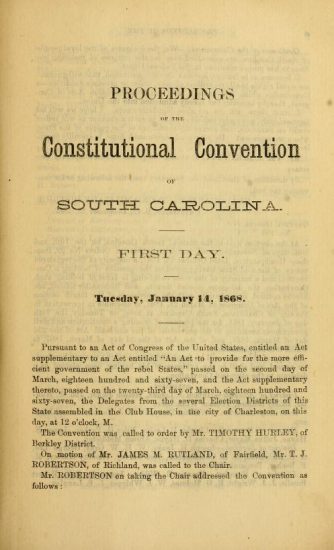
South Carolina Convention proceedings. Source: National Archives.
This was one of the Reconstruction era constitutional conventions. Adam Sanchez writes in The Other ’68: Black Power During Reconstruction,
In South Carolina, the only state where Blacks made up a majority of the delegates, the convention passed a resolution asking Congress to lend the state $1 million to buy land for poor whites and Blacks. When Congress rejected the proposal, the first South Carolina legislature under the new constitution passed a homestead law to aid poor farmers and shifted the tax burden to large plantation owners.
At a time when even most Northern states restricted the franchise to white men, every convention extended suffrage to Black men and a few delegates, like W. J. Whipper in South Carolina and Thomas Bayne in Virginia, pushed to extend the franchise to women as well. Several conventions expanded women’s property rights and in South Carolina legalized divorce.
Learn more in the Zinn Education Project national report, “Erasing the Black Freedom Struggle: How State Standards Fail to Teach the Truth About Reconstruction,” and find teaching resources on Reconstruction below.

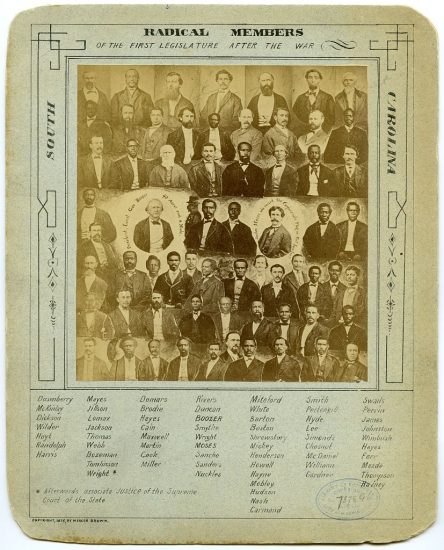
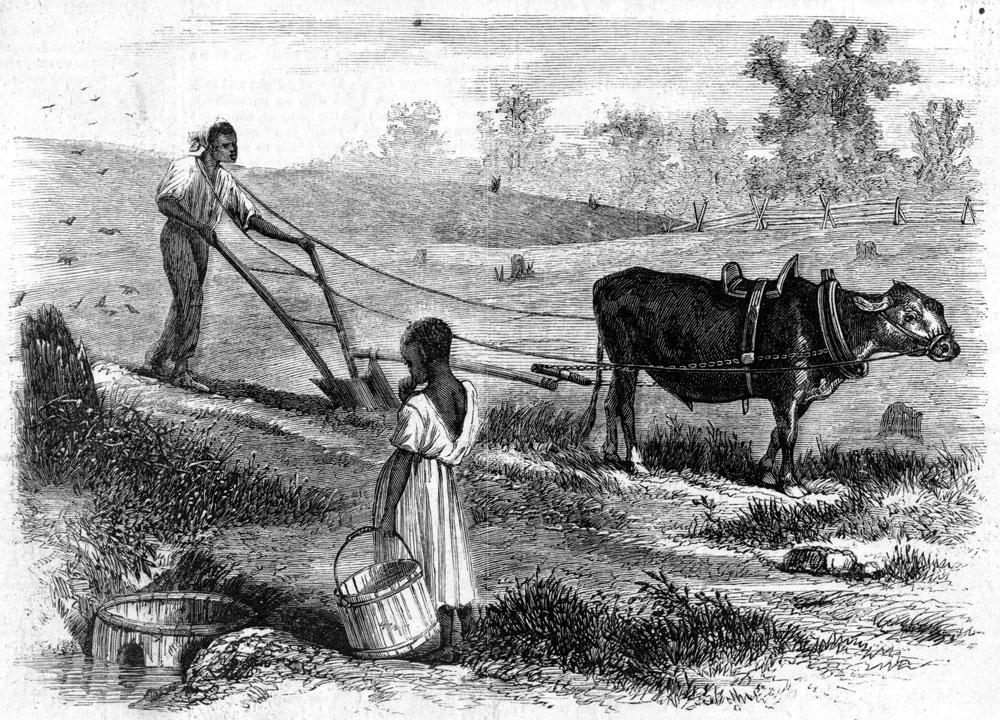
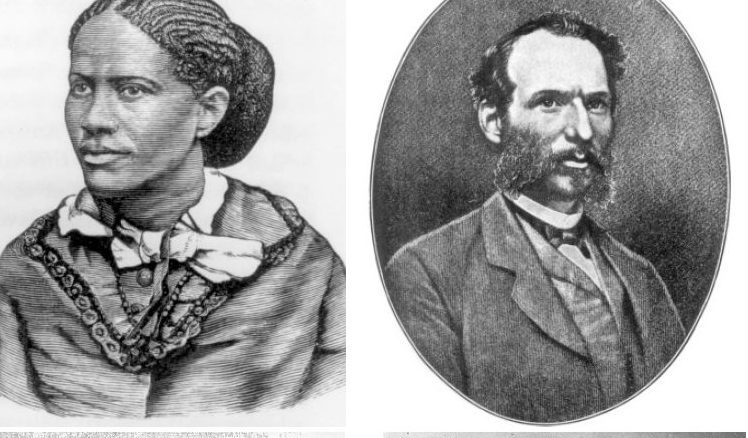
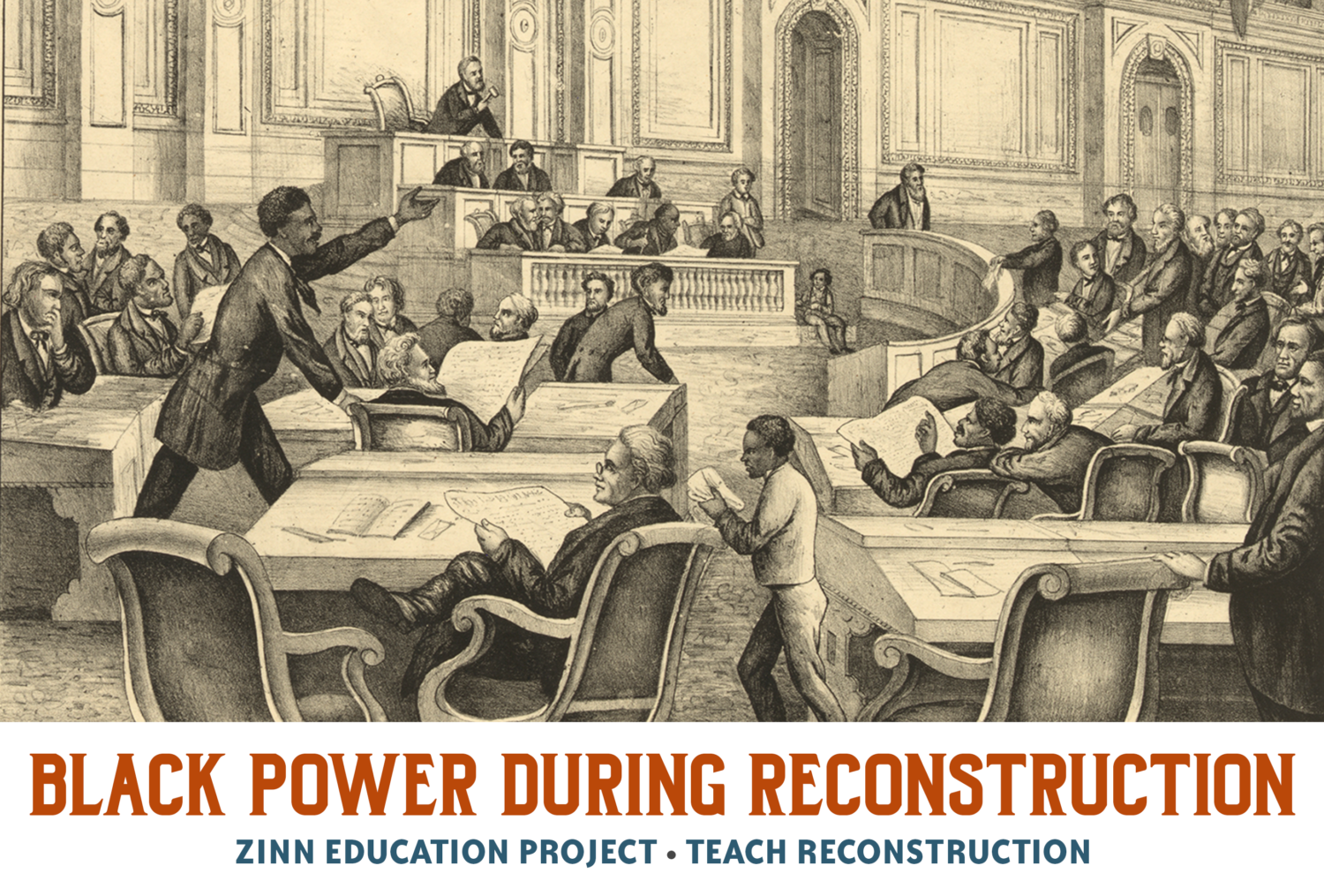
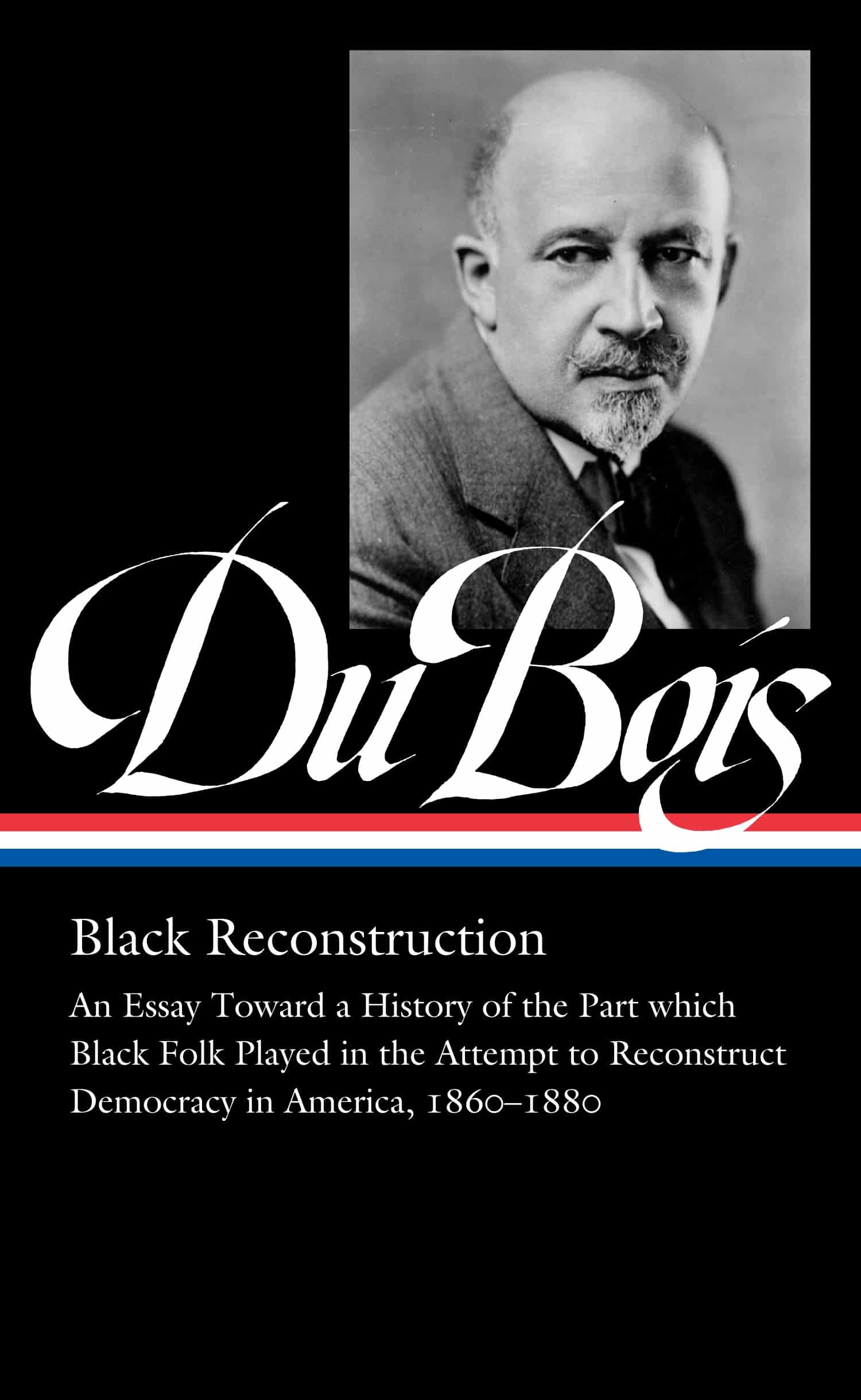
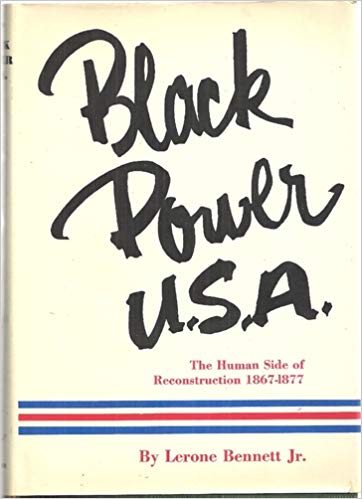
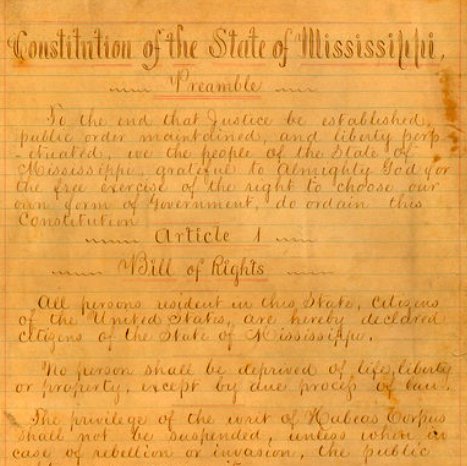
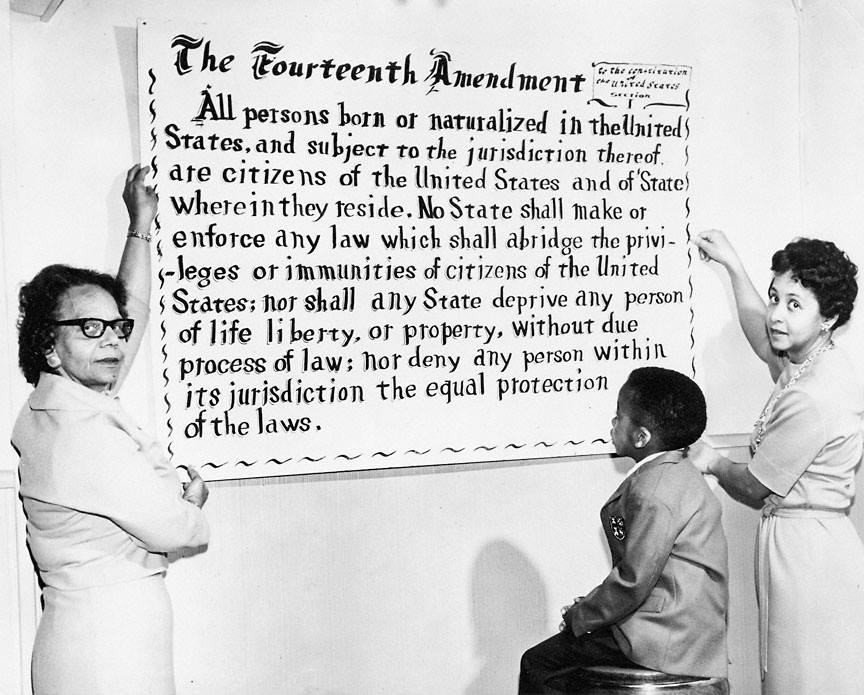
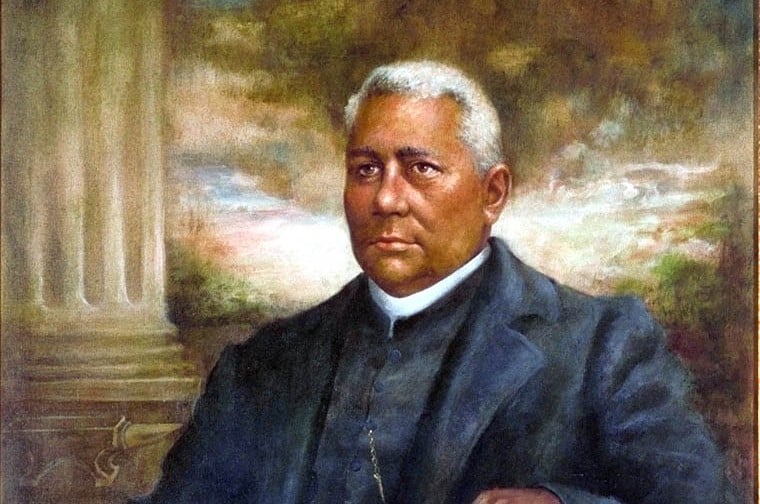
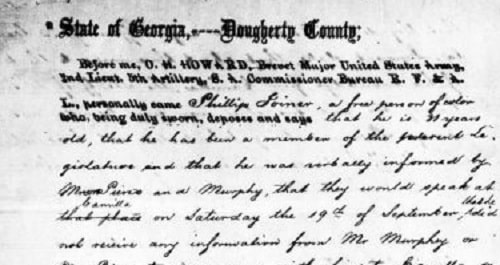
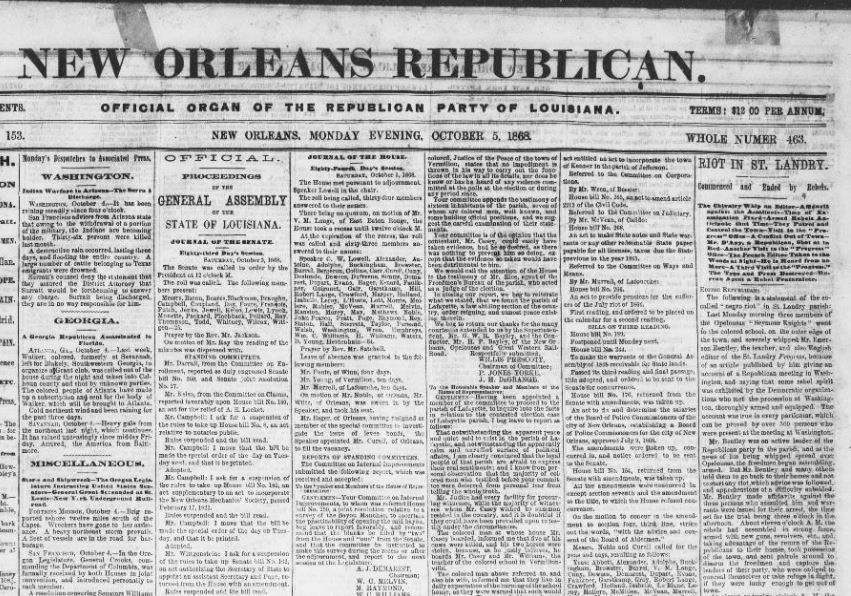
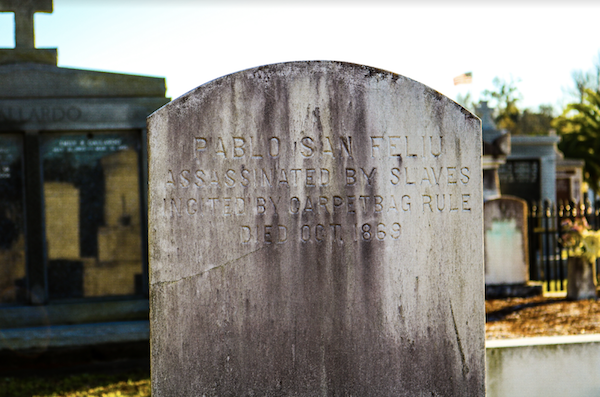





Twitter
Google plus
LinkedIn